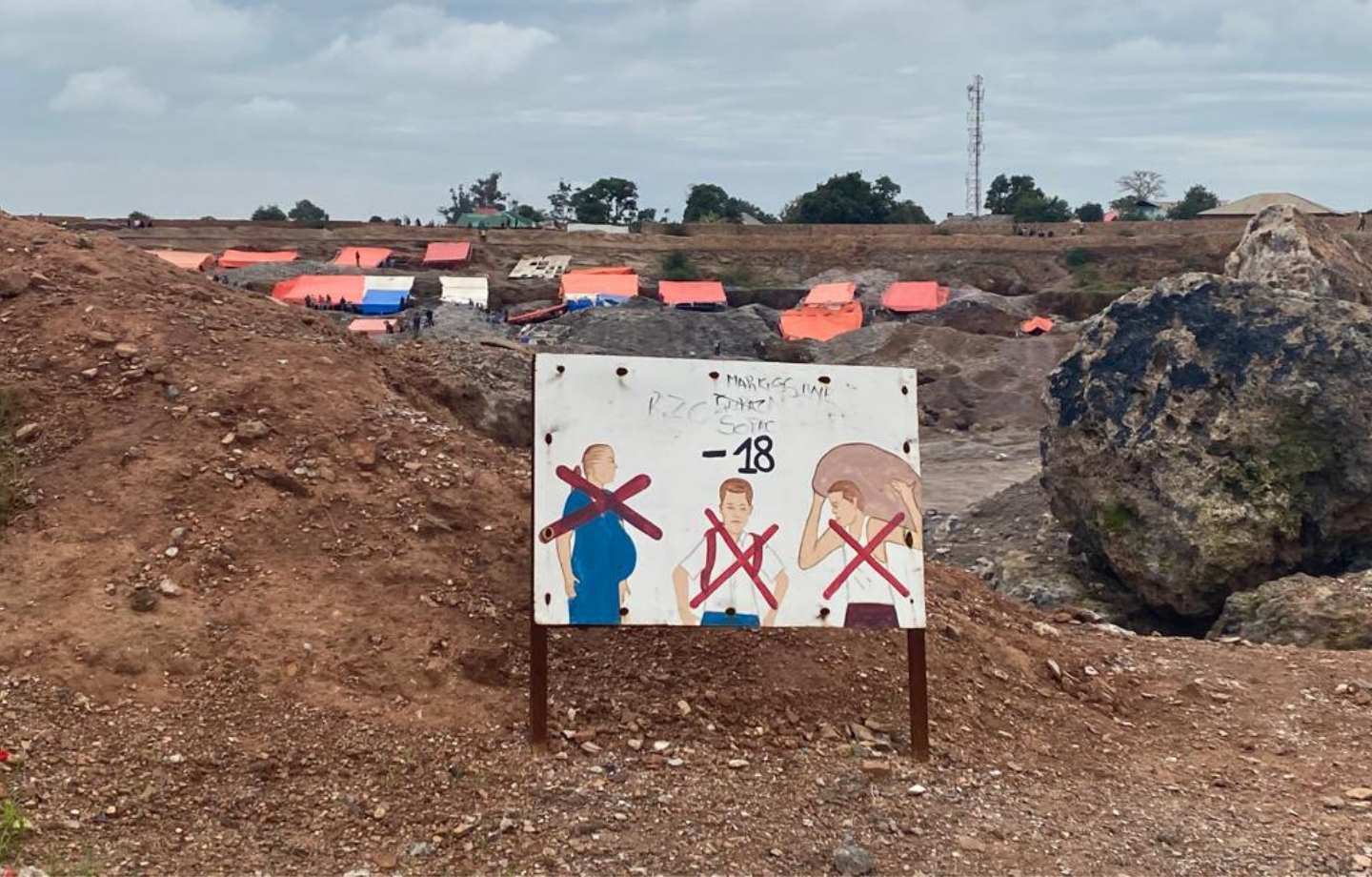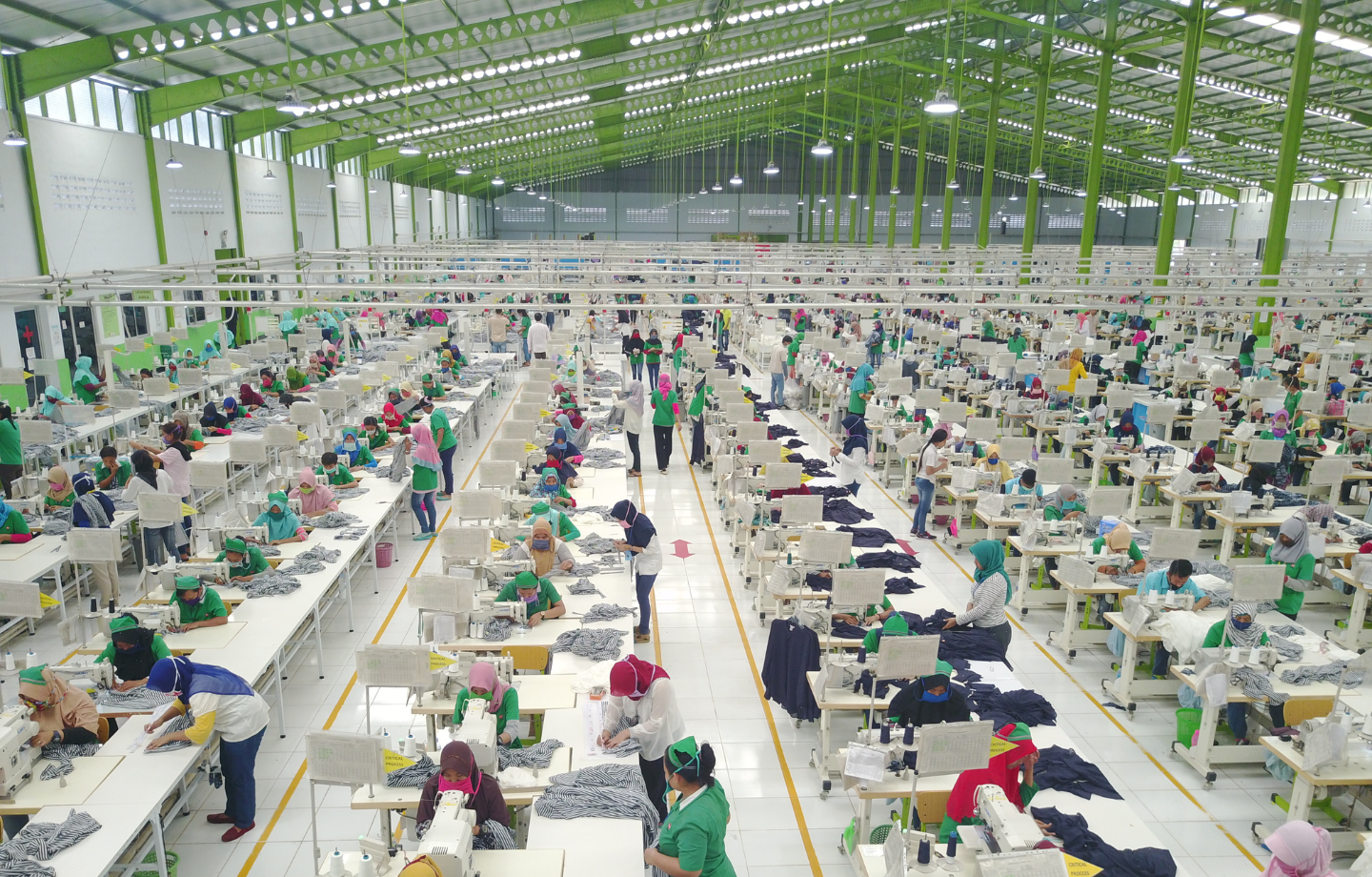Shut Out: Bangladesh, Labor Rights, and U.S. Trade Policy

August 13, 2015
The United States rarely makes labor rights a deciding factor when determining trade policy. But for the last two years, Bangladesh has been excluded from a preferential U.S. trade program over concerns about its failure to protect labor rights. Following the collapse of Rana Plaza in April 2013 that killed more than 1,100 garment workers, the Obama administration suspended Bangladesh’s participation in the Generalized System of Preferences (GSP) program. GSP suspension came after a six-year review that long predated the collapse and focused on the hostile climate for trade unions.
In Bangladesh, duty-free exports under GSP had never applied to garments, which represent 80% of the country’s export economy. (Bangladesh is the third largest apparel exporter to the United States, following China and Vietnam.) Only about 1% of Bangladesh’s exports to the United States — golf equipment, eyeglasses, tents, and porcelain, among other items — were exported duty-free.
But suspension caught the Bangladesh government’s attention. Government officials fiercely protested the move and advocated at the highest levels for the U.S. to restore Bangladesh’s trade privileges. As then-Foreign Minister Dipu Moni said in 2013, the government’s objections were less about the practical effects of GSP and more about “the image of an exporting country like Bangladesh.”

With Bangladesh still excluded from GSP two years later, the government in Dhaka is striking a different tone. Commerce Minister Tofail Ahmed told reporters on August 11, “I am not interested at all in taking any more initiatives to get back the GSP…We have nothing more to do.”
Government officials in Bangladesh frequently cite the lackluster human rights records of countries that do maintain GSP status, such as Pakistan, as evidence that Bangladesh is being treated unfairly. They’re right, in the sense that the United States should apply a more consistent and rights-based foreign and trade policy. It should use more of its leverage to encourage high standards for labor rights protections across the board. But that’s not an argument for going easy on Bangladesh.

I’m disheartened by Tofail Ahmed’s comments declaring that Bangladesh is done working to make progress on a plan to restore GSP. The plan included important steps like hiring labor inspectors, reforming labor laws, and creating a climate that respects workers’ right to organize. Over the last 2.5 years, I’ve gotten to know many factory owners and workers. I admire their ingenuity and resourcefulness in growing the industry from nothing in the early 1980’s to the global player it is today. They have well-deserved pride in their success despite the absence of advantages other countries enjoy: responsive government, reliable infrastructure, or transparent financial systems. But five million garment workers in Bangladesh deserve better than building collapses, fires, low wages, and limits on their ability to organize. Bangladesh still has a long way to go toward achieving a safe and sustainable garment sector.
U.S. trade policy has rankled Dhaka because it suggests that Bangladesh does not have the global standing of its neighbors and competitors. But suspension of GSP did prompt government action, at least initially. It was not enough to make the garment sector safe and sustainable over the long term, but there was a sense on the part of government officials that there was work to be done to regain their standing.
Preserving Bangladesh’s garment sector as a key sourcing destination for global brands would be good for continuing to lift Bangladesh out of its least developed status. It would be good for the millions of workers who rely on the sector for jobs that support their families. U.S. (and EU) trade policy has the potential to be an effective lever in encouraging the government to take necessary and difficult action.
Tofail Ahmed’s comments are intended to drive home the message that the bark of GSP suspension is worse than the bite. I’ve heard government officials and factory owners say privately that the U.S. should hold out the possibility of including garments in GSP as a way of motivating action – implying that carrots will work better than sticks.
The factory owners who represent a significant political constituency stand to gain enormously from expanding GSP to include garments, which would lower costs and increase profits. Would the benefits result in higher wages, investments in factory safety, greater tolerance for trade unions, or increased government oversight? It would depend on the structure of the agreement, the willingness of the government and the trade associations to make fundamental changes, and the international community’s appetite to underwrite high-risk infrastructure investments. It’s an option that may be worth considering.
 Global Labor
Global Labor


